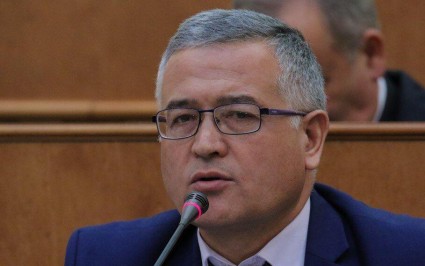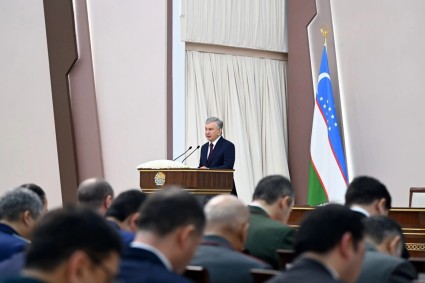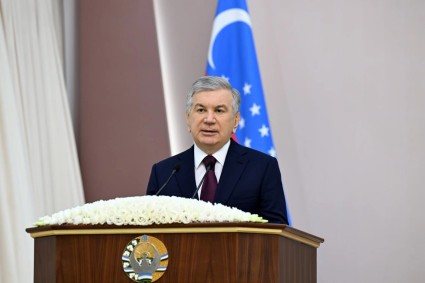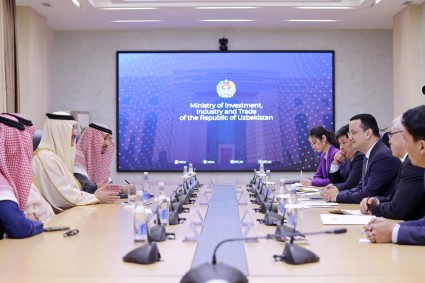Uzbekistan’s rating on the World Internet Freedom Index has improved by 1 score in a report by U.S.-based watchdog Freedom House announced on Tuesday.
The annual survey ranks 65 countries against a 100-point scale — with higher scores equalling a greater degree of Internet censorship.
Internet users are classified as “free,” “not free” or “partially free” based on criteria such as rights violations and countrywide Internet access.
Uzbekistan now ranks 57th, with a score which technically improved, from 25 in 2018 to 26 in 2019 — “saw a slight opening of the space for free expression online,” according to the report. While its scores remain low and online expression tightly controlled, there have been some efforts at liberalization. Importantly, a bevvy of websites that have long been unofficially blocked have been unblocked. And while some topics — for example forced labor in the cotton industry — are receiving greater and more open coverage in Uzbek media, other subjects remain taboo or subject to pressure if raised.
In general terms, Uzbekistan’s trajectory is positive. Uzbekistan’s current state narrative is one of reform and opening. There are successes to laud, and areas of stalled or slow progress can still reasonably be framed as areas for further and future work.
Uzbekistan have much ground to cover to reach a truly “free” internet space. Some areas for improvement are technical, economic, and regulatory; others are embedded in a necessary evolution in government culture to accept, or even welcome, criticism online and the use of the internet to spread information and organize.














